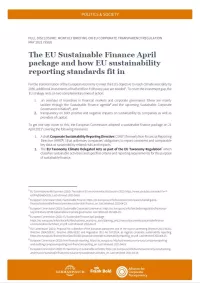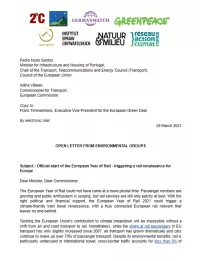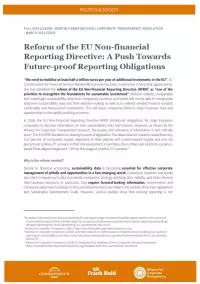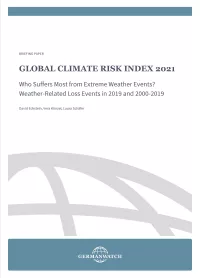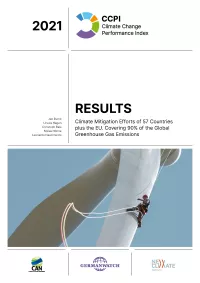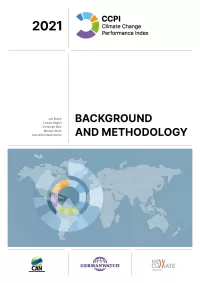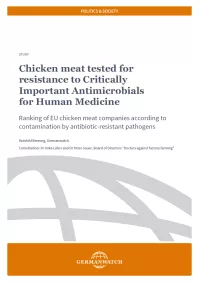Aktuelles (EntscheidungsträgerInnen)
On 29 March, the Portuguese EU Council presidency officially launches the European Year of Rail. Germanwatch and other European NGOs have send an open letter to the Commission and the Portuguese presidency to call for a European rail renaissance. The EU and the member state governments need to use the European Year of Rail 2021 to give a boost to cross-border passenger rail, with the following measures:
This year will be key for future climate policy and especially for sustainable finance in Germany and Europe. Sustainable Finance plays a crucial role in improving climate protection and sustainable growth. To this end, Germanwatch joined forces with the Alliance for Corporate Transparency in order to push towards greater corporate responsibility and disclosure requirements to meet the EU and Paris climate targets. This article kicks off and introduces our briefing series "Full Disclosure: Monthly Briefing on EU Corporate Transparency Regulation", in which we aim to shed light on the need for and benefits of forward-looking reporting requirements in a changing EU regulatory environment.
Bonn/Berlin (25th Jan. 2021). Vulnerable people in developing countries suffer most from extreme weather events like storms, floods and heat waves, while the impacts of climate change are visible around the globe. Being the deadliest and costliest tropical cyclone in the South-West Indian Ocean, tropical Cyclone Idai was labelled “one of the worst weather-related catastrophes in the history of Africa” by UN Secretary General Antonio Guterres.
The Climate Change Performance Index compares 57 countries and the EU in the areas of Greenhouse Gas Emissions, Renewable Energies, Energy Use and Climate Policy, thus providing a comprehensive overview of the current efforts and progress of the countries analyzed. Besides, it measures how well countries are on track to meet the global goals of the Paris Agreement by evaluating the current status and future targets of each category with reference to a well-below 2°C pathway. This brochure explains the background and methodology of the Climate Change Performance Index.
Germanwatch discloses: Chicken meat from the PHW-Group, Germany's largest poultry company, is almost 60 percent contaminated with antibiotic-resistant pathogens. This is the result of a Germanwatch study in which chicken meat samples from the three largest EU producers were tested in the laboratory. Every third sample even showed resistance to reserve antibiotics. These are emergency antibiotics that people need when other antibiotics no longer help. The more resistant pathogens are introduced into the food chain and into our kitchens with chicken meat, the greater the health risk that these last-line antibiotics will lose their effectiveness.

